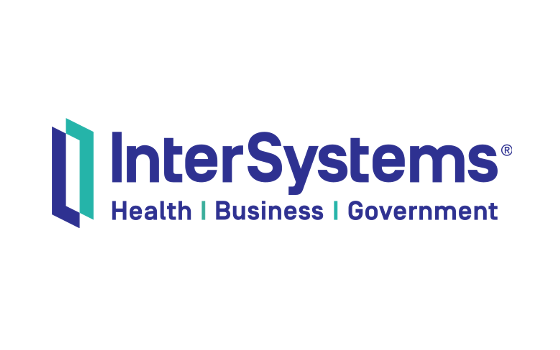 20 June 2017, Sutton Coldfield, UK.
20 June 2017, Sutton Coldfield, UK.Health and care leaders at the forefront of using technology and data to inform better quality and more coordinated care are to come together at the latest Joined-Up Health & Care event, hosted by InterSystems at The Belfry, Sutton Coldfield. Delegates to this event, which is free to attend, will hear from UK's digital health and care pioneers, such as Healthy Liverpool, a programme that is harnessing technology to help people access health and care information electronically, and is home to one of the most exciting global digital exemplar programmes in the country; and Coordinate My Care, a digitally-enabled urgent care plan that is part of the NHS Innovation Accelerator programme. Both are using technology to share information across care settings to achieve enhanced care coordination, transform care delivery and create sustainable health and care systems.
Bad Science author Ben Goldacre, who is well-known for highlighting the need to use good data and information on which to base decisions about health and care, will introduce the event, and Siva Anandaciva, the chief analyst from The King's Fund, will discuss the main challenges ahead for delivering sustainability and transformation plans (STPs), and look at how NHS organisations can realise their plans to deliver improved care for patients, clinicians and the public.
David Walliker, chief information officer at Liverpool Women's Hospital NHS Foundation Trust will share how the region's forward thinking on interoperability is helping to support the ambitions of its Healthy Liverpool programme, which is looking to encourage more effective population health.
The drive to interoperability and integration will be expanded upon by Graham Evans, chief information and technology officer of both North Tees and Hartlepool NHS Foundation Trust and South Tees Hospitals NHS Foundation Trust. He will reveal the impact of using an enterprise-wide EPR to provide the infrastructure required to deliver integrated care in a part of the country that is leading the way in access to care records.
Professor Julia Riley, clinical lead of the digital urgent care plan provider Coordinate My Care, will share how clinical engagement, coupled with the right technology and approach, has been crucial to implement a clinical service that is providing an immensely improved patient experience for those in most need, and reducing the impact of unplanned admissions on stretched emergency departments.
Dr John Payne, physician executive of InterSystems, will also look to show how using such technology and data can save lives and save money, whilst his colleague Ken Mortenson, data protection officer at the global technology company, will discuss the implications for data good practice after the recent cyber-attack on the NHS and other organisations.
Mental health and social care are also covered. James Reed, consultant forensic psychiatrist and chief clinical information officer at Birmingham and Solihull Mental Health Foundation Trust, will reveal how four mental health trusts in the West Midlands have come together in a unique new healthcare alliance that will focus on the greatest challenges for urban mental health services and where it can rapidly realise quality and efficiency benefits, spread best practice and reduce variations in cost and quality through integration across current geographical and organisational boundaries.
Mark Palmer, Country Manager at InterSystems, said: "We know there are immense challenges and opportunities as the UK makes the move to integrated care, and this event looks to share insight from some of the leading exponents in the field. After the success of last year, we hope that many professionals involved in healthcare IT join us once again to hear how they can best apply technology and data to support the digital transformation of the NHS."
A full agenda for the day can be found here, and delegates wishing to attend this free event can register here.
About InterSystems
InterSystems is the engine behind the world’s most important applications. In healthcare, finance, government, and other sectors where lives and livelihoods are at stake, InterSystems is the power behind what mattersTM. Founded in 1978, InterSystems is a privately held company headquartered in Cambridge, Massachusetts (USA), with offices worldwide, and its software products are used daily by millions of people in more than 80 countries.